After tumultuous years of political unrest, social and cultural shifts, and a pandemic, pastors are among those feeling the effects. A 2022 Barna study found that “pastors across the country are experiencing an alarming decline in mental and physical health,” according to Fox News. Colts Neck Community Church pastor Chris Durkin recently sat down with Fox’s Ainsley Earhardt to discuss the study and how to foster solutions.
While some might assume the decline began in 2020, the downward trend can be seen as far back as 2015. A rising number of pastors are considering leaving the ministry, and many list “stress, loneliness, and political division” as the root causes.
A Recent Study Explores the Serious Health Decline of Pastors
According to Barna, “Pastors who haven’t thought about leaving ministry say ‘the immense stress of the job’ (34%), ‘current political divisions’ (32%) and feeling ‘lonely and isolated’ (18%) are factors that have negatively impacted their ability to lead at their church within the past year.”
“We need sages to advise us, leaders to direct us or hold us accountable, peers to remind us that we aren’t alone, healers to dress our wounds, and companions who carry us when we can’t carry on,” said Rev. Dr. Glenn Packiam, lead pastor Rockharbor Church in Costa Mesa, California, of the results.
The study listed key aspects of pastors’ health:
- Poor mental health
- Poor physical health
- Loneliness
- Loss of community respect
- Lack of true friendship
When asked about the cause of this decline, Durkin replied, “The decline in pastors’ health tragically meets the decline in church attendance, even the decline of those professing to believe in God.”
“Currently, 42% of Protestant senior pastors are contemplating stepping out of the ministry altogether,” Durkin quoted from the study.
While Durkin mentioned there are a number of factors that contribute to this statistic, he took the time to encourage pastors who were listening to the interview.
Durkin challenged those pastors listening to “not give in and not give up.” He then quoted 1 Peter 5:7, which says, “Cast all your cares on Christ because he cares for us.”
“As sheep cast their cares on them, we, as shepherds, need to cast our cares on our good shepherd, Jesus Christ,” said Durkin.
Pastors need to deal with their own “spiritual leadership but also these cultural challenges,” Durkin explained.
Earhardt speculated that pastors are under a great deal of pressure—needing to be everything to everyone—and she used the example of calling her own minister over a weekend when her mom was ill. She further identified an expectation of pastors to be “seemingly perfect” through a variety of circumstances. “Y’all don’t really get a day off,” Earnhardt summarized.
“We really don’t,” Durkin replied. He went on to explain that, over the course of a weekend, his own church was part of a local weekend festival, he preached two morning services, visited an ailing church member in the afternoon, and returned to church later that Sunday to preach in the evening service.


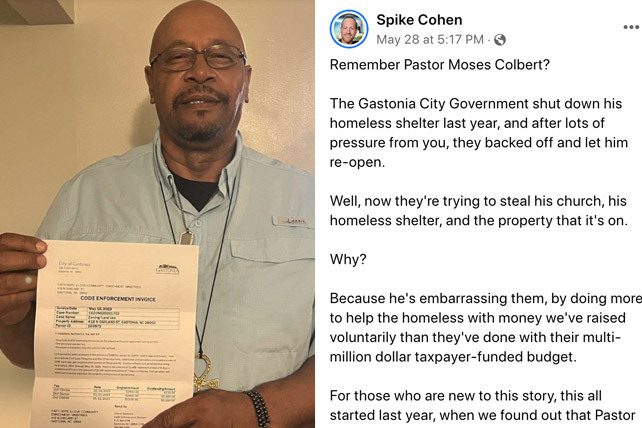

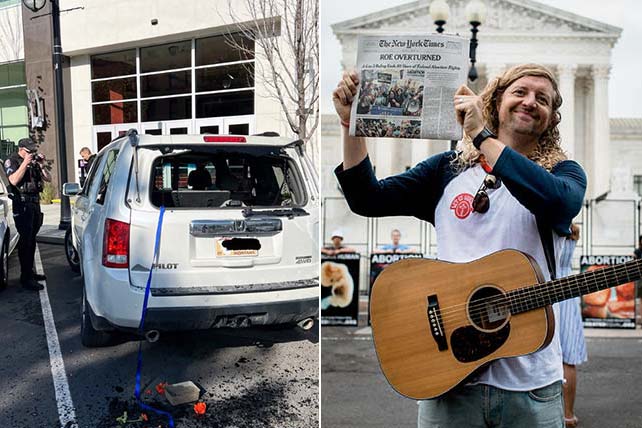


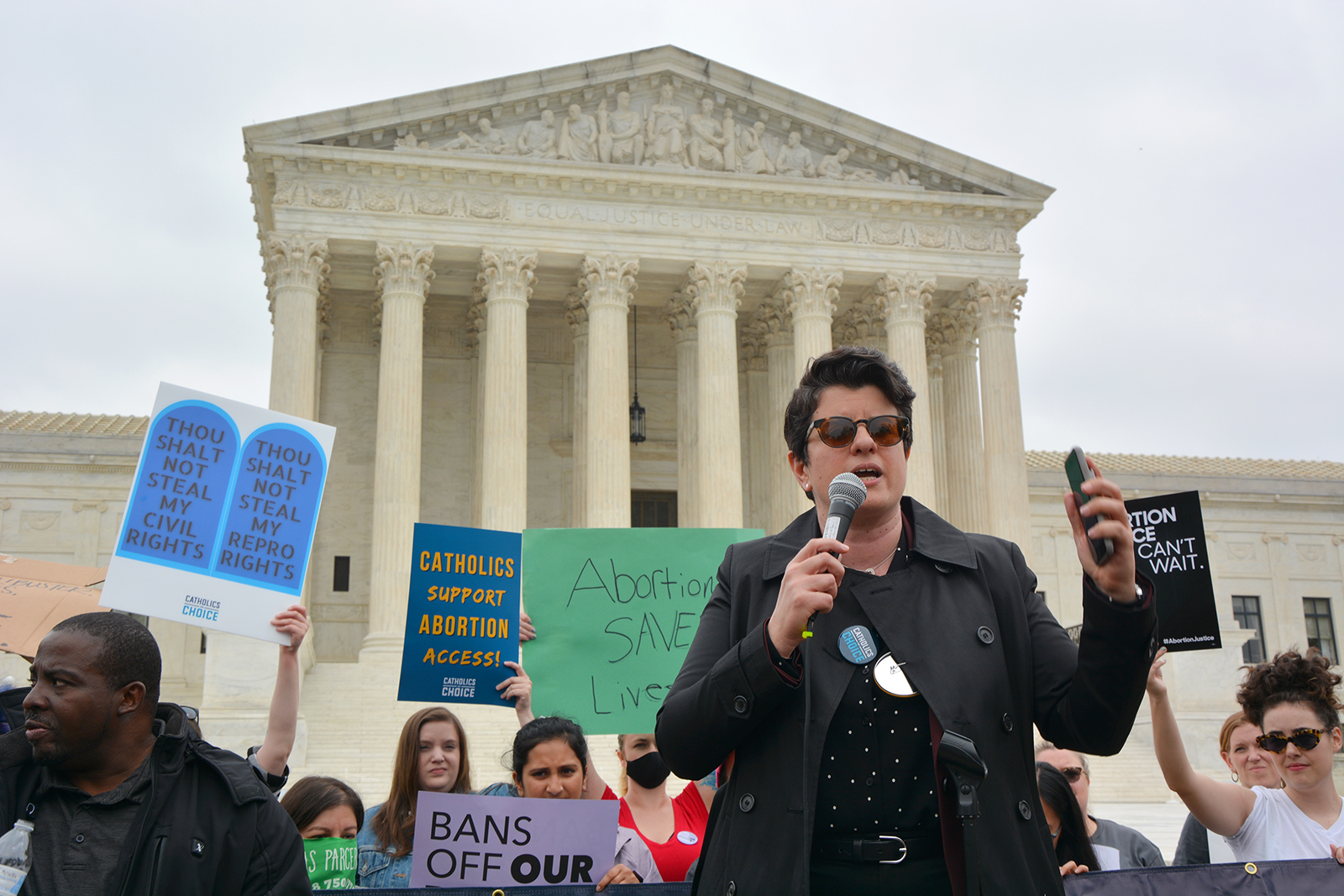


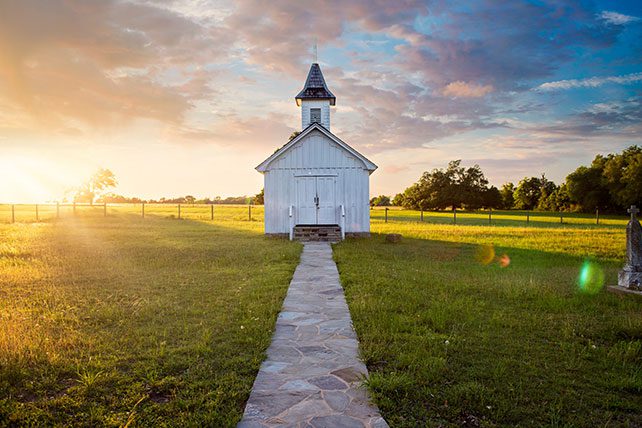

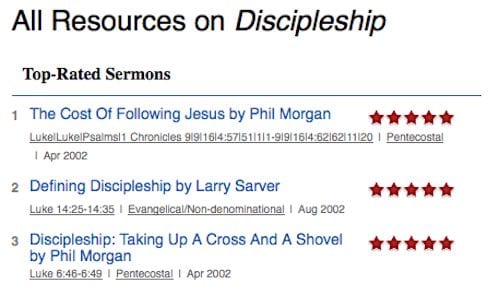
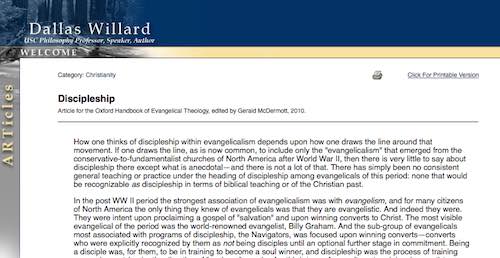







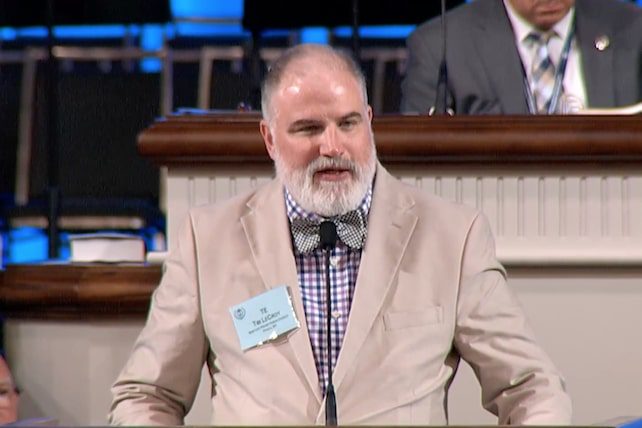
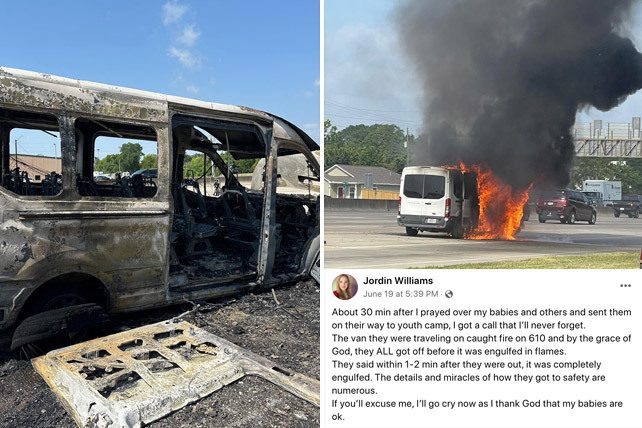
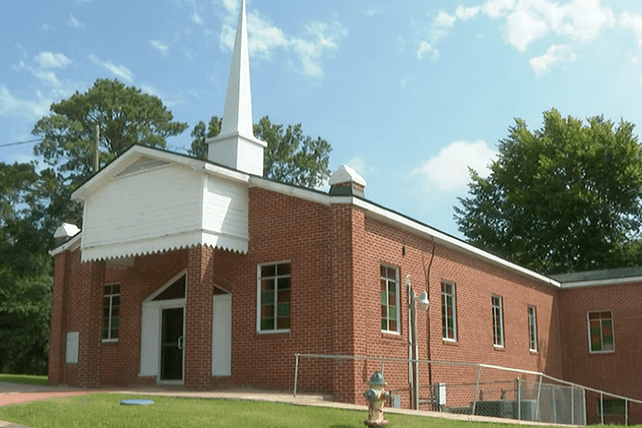

 Why did you get into ministry? If you think back to the very beginning of when you decided to enter into the role of
Why did you get into ministry? If you think back to the very beginning of when you decided to enter into the role of 











